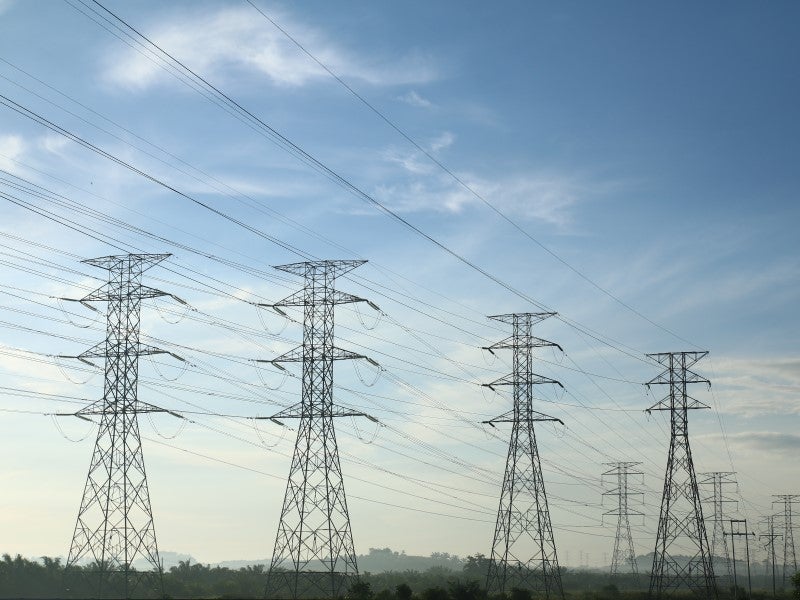Clean energy technologies will change the future in many ways, though perhaps most importantly, renewable energy technology will change the nature of international politics. The need to transition away from fossil fuels and towards cleaner energy technologies to combat climate change is self-evident.
However, amid the backdrop of the worsening situation on the Russia-Ukraine border, traditional forms of energy such as oil and gas, which have been at the forefront of geopolitics since the industrial revolution, are still arguably as important as ever.
Interdependency with Russia
Russia has threatened to cut off gas exports to the EU and Ukraine on several occasions. According to the European Network of Transmission System Operators for Gas (ENTSOG), the country currently supplies 38% of natural gas to the continent. Earlier in the week, after Russia’s invasion of the Donetsk and Luhansk regions of Eastern Ukraine, Germany halted the controversial Nord Stream 2 pipeline that runs from Russia, through the Baltic sea and into Europe. Proponents of the project have argued that the interdependency it creates between Europe and Russia will make the threat of conflict between the EU and Russia less likely.
Given current circumstances, these arguments have fallen flat. The project cost $10bn, and one of the clear flaws is that the infrastructure is capital intensive and inflexible by its very nature. Europe has relied on Russian gas for some time, and questions remain about what the relationship between the two will look like as the energy transition plays out.
The future is uncertain
When the world inevitably shifts towards a renewable-energy-dominated system, it remains unclear whether countries and regions will adopt a more centralised or decentralised approach. A centralised approach could see the introduction of multinational ‘supergrids’ – such as China’s ‘Global Energy Interconnection’, which would seek to develop a global wind and solar grid. Due to economies of scale, this approach would likely be cheaper and more efficient.
The situation in Russia poses food for thought. The current EU energy crisis shows policymakers that any adoption of a renewable energy supergrid in Europe should not include hostile states such as Russia. However, Ukraine has been subject to cyberattacks on its critical infrastructure and energy systems in the past, and these attacks have increased recently. Some argue that including Russia in a future renewable energy supergrid would make sense, given that Russia controls a significant percentage of rare earth metals needed for these technologies and that it would be unlikely to attack a supergrid that it benefits from greatly.
On the other end of the scale, decentralised options bring potential benefits. Off-grid and microgrid solutions could boost the energy security of nations in Europe and should be looked at more seriously by EU policymakers. These systems, by their nature, are decentralised and thus harder to attack on a large scale in the way that centralised supergrids are. In fact, these systems could provide emergency power if supergrids were taken down by a large-scale cyberattack.
European policymakers will have to think hard about the nature of the region’s energy transition, especially given the backdrop of the current Russian invasion of Ukraine, which brings into doubt the previously accepted idea that interdependency leads to a reduction in conflict and tension between countries.





